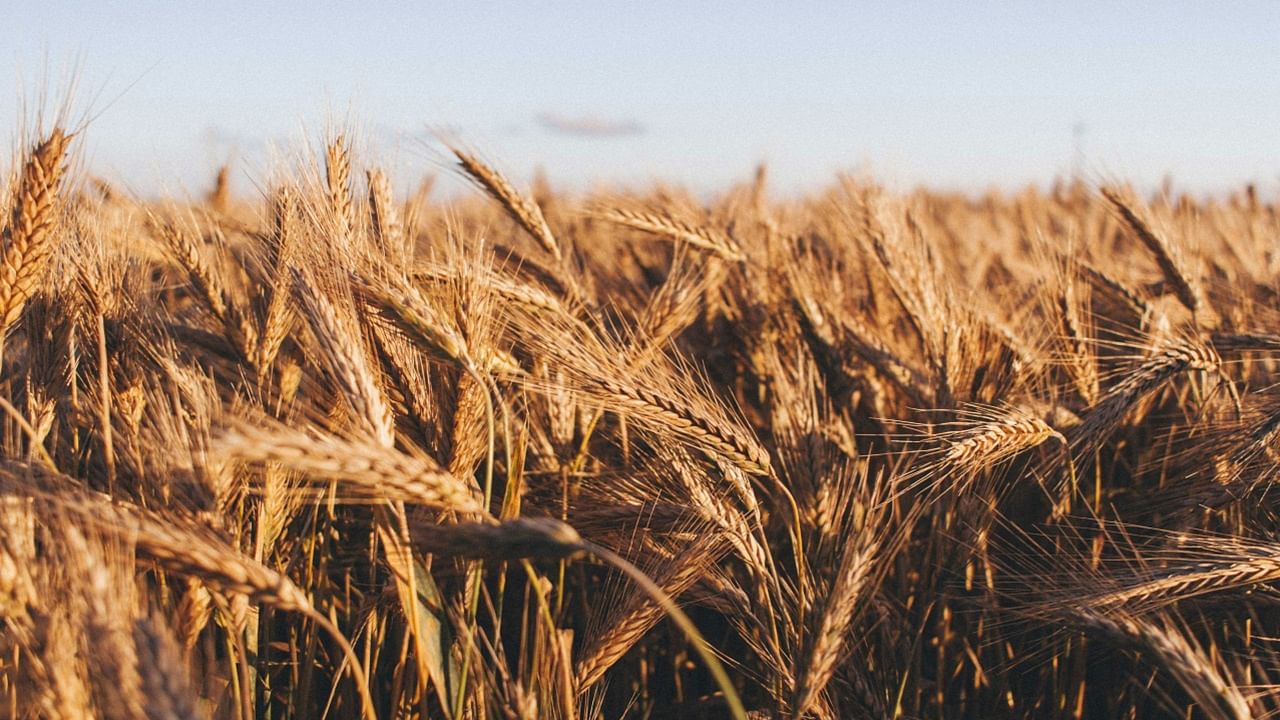
The ICAR-Indian Institute of Wheat and Barley Research (ICAR-IIWBR) has released an advisory for wheat farmers, spanning diverse geographical regions, for the period between April 1 and 15. This advisory comes in response to weather forecasts provided by the Indian Meteorological Department (IMD), indicating a severe summer characterized by heatwaves and elevated night temperatures.
IMD Warnings and Regional Impact
The IMD through a press release has issued warnings for impending heatwave conditions in specific pockets across various regions, including North Interior Karnataka, Odisha, Gangetic West Bengal, Jharkhand, Coastal Andhra Pradesh, Yanam, and Rayalaseema from April 4 to 6. Additional alerts have been issued for Telangana and Vidarbha from April 5 to 6. Moreover, isolated pockets in Odisha, North Interior Karnataka, Chhattisgarh, and Vidarbha are expected to experience warm night conditions during the same period.
Guidance for Wheat Farmers
For farmers in central and peninsular India preparing for wheat harvesting in the upcoming week, the ICAR-IIWBR advises ensuring adequate moisture content for the crop and undertaking necessary cleaning measures for safe storage post-harvest. Farmers in the northeast and northwest regions are recommended to implement light irrigation practices as per the crop's requirements to maintain optimal soil moisture levels for crop maturation.
Contingency Measures and Harvesting Updates
Anticipating potentially adverse weather conditions, the institute has outlined urgent measures to be taken if temperatures surpass 37 degrees Celsius. This includes the application of specific solutions such as 0.2% muriate of Potash (400g of MOP in 200 litres of water per acre) or 2% KNO3 (4kg in 200 litres of water per acre) at the post-anthesis stage of wheat to mitigate heat stress and prevent crop desiccation. Additionally, farmers in hilly areas are advised to remain vigilant against yellow rust or brown rust and spray Propiconazole 25EC. One ml of chemical should be mixed in one-litre water and this 200 ml of fungicide mixed with 200 litres of water should be sprayed in a one-acre wheat crop.
Harvesting Progress and Government Intervention
While wheat harvesting has concluded in states like Maharashtra, Gujarat, and Chhattisgarh, the largest wheat-producing state, Uttar Pradesh, is yet to commence harvesting. The Government's decision to prohibit wheat exports in May 2022, coupled with substantial wheat sales through open auctions in FY24, aimed to stabilize domestic wheat prices and ensure an adequate supply of grain in the local market.
This proactive approach by the ICAR-IIWBR underscores the importance of tailored agricultural guidance in mitigating the potential impact of adverse weather conditions on crop yields and ensuring food security amidst changing market dynamics.











